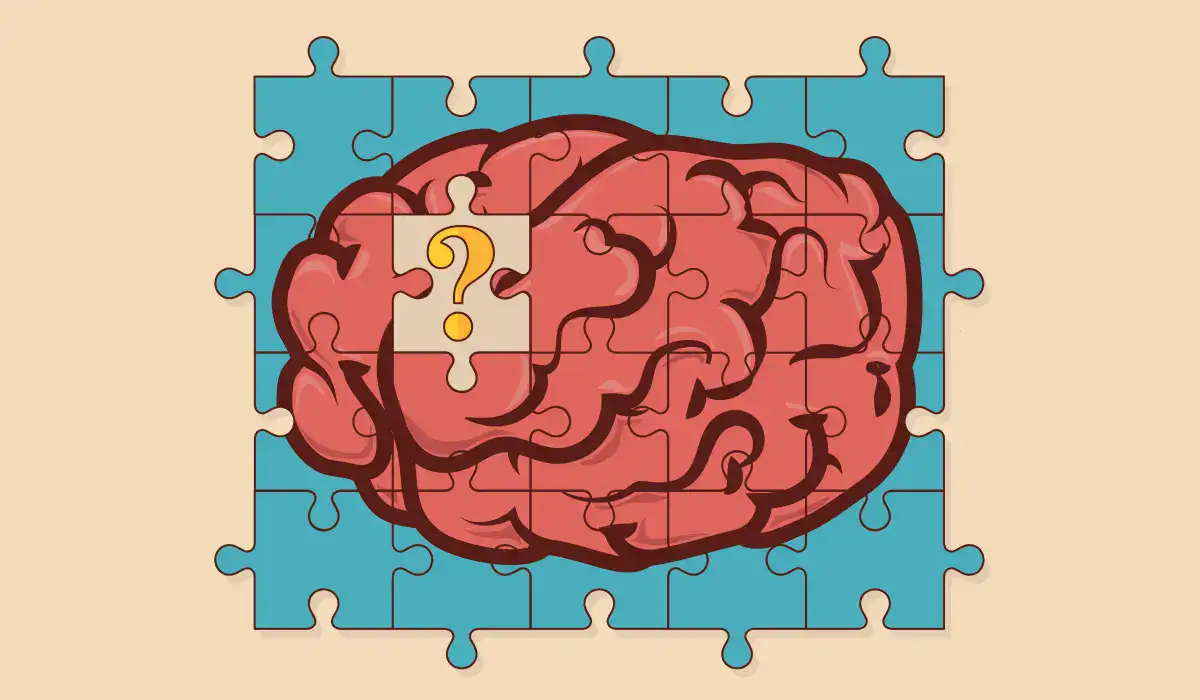On the 14th of January each year, we celebrate World Logic Day, a globally recognized day initiated by UNESCO. The overarching goal is to highlight the value of logic, both in terms of its historic intellectual traditions and its pivotal role in our contemporary world.
This special day seeks to broaden understanding and appreciation of logic within the academic sphere and general public, while also encouraging global collaboration. From philosophy and mathematics to linguistics, science, and even artificial intelligence, logic stands as a fundamental cornerstone.
History of World Logic Day
Logic is a subset of philosophy and holds a primary role in present-day technologies, sciences, and the acquisition of knowledge, especially in societies highly dependent on technology. Devices such as computers, smartphones, and even artificial intelligence, rely heavily on logical principles for their operation.
The concept of World Logic Day was first unveiled by UNESCO in November, 2019. The day was established to underscore the significance of logic in the development of scientific learning and its crucial role in our everyday existence.
The idea to dedicate the 14th of January every year as World Logic Day was suggested by the International Council for Philosophy and Human Sciences as it corresponds to the date of birth of Alfred Tarski and the date of death of Kurt Gödel, two of the most important logicians.
The inaugural World Logic Day was observed on the 14th of January, 2019, before the UNESCO declaration. The chief goal of this day is to focus global attention on the intellectual history, conceptual importance, and practical use of logic across multiple scientific communities and the wider public.
Even though it’s a relatively recent event, World Logic Day has been recognized in numerous countries around the globe with various commemorative activities such as seminars, workshops, and symposia, all aimed at highlighting the importance of logical reasoning in today’s world. These occasions have called upon thinkers from diverse fields such as philosophy, mathematics, computer science, and logic, all contributing to a greater comprehension of logic and its relevance to our world.
World Logic Day Timeline
Birth of Aristotle
A pupil of Plato and later tutor to Alexander the Great, Aristotle developed a system of deductive reasoning.
Birth of George Boole
Boole developed Boolean algebra, which is the foundation of all modern computer arithmetic.
Birth of Alfred Tarski
Tarski was an influential logician and mathematician. He is best known for his work on model theory, metamathematics, and algebraic logic.
Birth of Kurt Gödel
Gödel was a logician, mathematician, and philosopher. He is best known for his two incompleteness theorems.
Birth of Alan Turing
Turing is largely considered the father of theoretical computer science and artificial intelligence.
First World Logic Day
UNESCO proclaimed the 14th of January as World Logic Day.
Ideas to Celebrate World Logic Day
Logic Puzzle Competition
You can arrange a contest featuring various brain teasers or logic puzzles. It's an engaging way to promote logical thinking and can be done online, in schools, or community centers.
Public Lecture on Logic
Plan a lecture with an expert speaker, like a scholar or a renowned author, to discuss the significance and history of logic. It serves as an excellent educational experience for people of all ages.
Social Media Logic Challenge
Initiate an online challenge that centers around problem-solving using logic. This could include a riddle or a puzzle. This urges people worldwide to participate and celebrate World Logic Day.
Debate Club Session
Coordinate a debate club session. As debating involves logical argumentation, it proves to be a useful exercise in understanding and applying logic in discussions.
Philosophy and Logic Webinar
Hold a webinar to talk about the connections between logic and philosophy. You could explore famous philosophers who used logic in their theories.
6 Interesting Facts About Logic
Logic and Computers
Computer hardware and software design have logic at their core. The system of Boolean logic, put forth by George Boole back in the year 1847, is instrumental behind the logic of modern computers.
The Law of Non-Contradiction
The law of non-contradiction, initially propounded by Aristotle, is a pivotal notion in logic. In essence, it declares that a statement cannot simultaneously be true and false, given the same context.
Logic and Philosophy
Apart from being a scholarly discipline, logic is also counted among the main segments of Philosophy. It facilitates the construction of valid arguments, management of contradictions, and inspection of reasoning.
Modal Logic
Modal Logic is a refined form of logic that enhances traditional propositional and predicate logic by adding modality-expressing operators. It is responsible for handling notions of necessity and possibility.
Mathematical Logic
Mathematical logic is a specialty within mathematics that delves into the application of formal logic to this field. It shoulders a significant role in theoretical computer science and has found usage in addressing philosophical dilemmas.
Logical Fallacies
Logical fallacies signify mistakes in reasoning that impair an argument's validity. Such fallacies can be formal (rooted in logical structure) or informal (content-based). 'Ad hominem', 'Straw man', and 'Red herring' are among their frequently seen types.
World Logic Day FAQs
Next World Logic Day Dates
| Year | Date | Day |
|---|---|---|
| 2023 | January 14th | Saturday |
| 2024 | January 14th | Sunday |
| 2025 | January 14th | Tuesday |
| 2026 | January 14th | Wednesday |
| 2027 | January 14th | Thursday |
| What is the pattern? | Every January 14th | |
World Logic Day Word Search
- Logic
- Rational
- Reasoning
- Analysis
- Philosophy
- Argument
